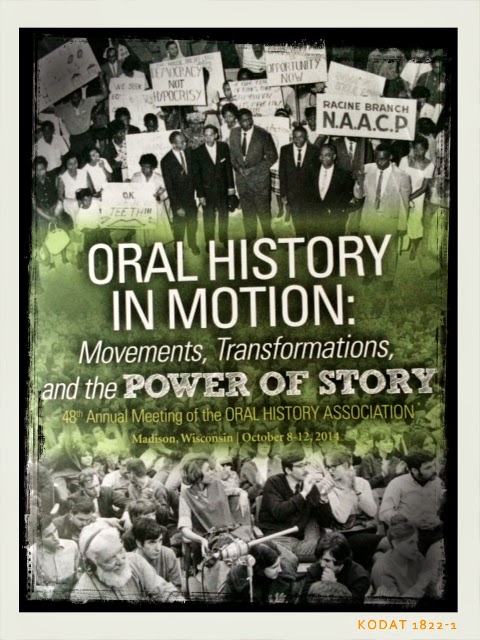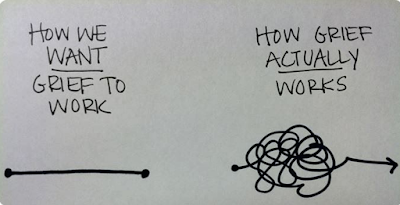1916: The Centenary of the Easter Rising
It is the 100th anniversary of the Easter Rising. Events throughout the week, indeed throughout the year, are scheduled in Dublin. It is an interesting moment of looking back and looking forward, as commemorations generally tend to be. I, for one, think the Republic has only healed from its turbulent history in the wake of the Northern Ireland peace process. Until then, there were still schisms and wounds. What kind of nation is Ireland and what kind of nation will it be? The centenary of the Rising is a good time to ask these questions, a good time to transcend post-colonial collective traumas and still, to carry the lessons of the past to continue to construct a democratic, progressive, welcoming nation that puts the wellbeing of its citizens before everything else.
At about 11:00 am on Easter Monday, 100 years ago today, the Irish Volunteers, along with the Irish Citizen Army, assembled at various prearranged meeting points in Dublin, and before noon ambushed and occupied seats of British and Ascendancy power in the city. These had been selected to command the main routes into the capital, and also because of their strategic position in relation to the major military barracks. They included the General Post Office, the Four Courts, Jacob’s Factory, Boland’s Bakery, the South Dublin Union, St. Stephen’s Green and later the College of Surgeons. The properties targeted were taken virtually without resistance and immediately the rebels set about making them defensible. The GPO was the nerve centre of the rebellion. It served as the rebels’ headquarters and the seat of the provisional government which they declared.”
Here is an image of the General Post Office during the Rising:

The rising was crushed almost immediately, its leaders executed and imprisoned. All over Britain, and indeed in Ireland itself, the events were mocked and trivialized. The Manchester Guardian had this to say 100 years ago: “It is the nature of a riot rather than a rising,” dubbing it “a show – for it cannot be regarded as more than this – of rebellion”. Today, historians still consider the rebellion a failure, but the harsh and merciless treatment of its leaders by British forces changed public opinion and laid the foundation for a protracted war of independence --- Ireland's fight for sovereignty was the first crack in the facade of Empire.
William Butler Yeats, was born in Dublin, Ireland, in 1865, the son of a well-known Irish painter, John Butler Yeats. Born into the Anglo-Irish landowning class, Yeats became involved with the Celtic Revival, a movement against the cultural influences of English rule in Ireland during the Victorian period. Deeply involved in politics in Ireland, he wrote numerous poems like this one, giving voice to the struggles and price of Irish independence, the yearning and doubt so much a part of the movement.
I’ve only included about half this poem but you can find it in its entirety by clicking here
Easter 1916
W. B. Yeats
I have met them at close of day
Coming with vivid faces
From counter or desk among grey
Eighteenth-century houses.
I have passed with a nod of the head
Or polite meaningless words,
Or have lingered awhile and said
Polite meaningless words,
And thought before I had done
Of a mocking tale or a gibe
To please a companion
Around the fire at the club,
Being certain that they and I
But lived where motley is worn:
All changed, changed utterly:
A terribly beauty is born…
…Too long a sacrifice
Can make a stone of the heart.
O when may it suffice?
That is Heaven's part, our part
To murmur name upon name,
As a mother names her child
When sleep at last has come
On limbs that had run wild.
What is it but nightfall?
No, no, not night but death;
Was it needless death after all?
For England may keep faith
For all that is done and said.
We know their dream; enough
To know they dreamed and are dead;
And what if excess of love
Bewildered them till they died?
I write it out in a verse --
MacDonagh and MacBride
And Connolly and Pearse
Now and in time to be,
Wherever green is worn,
Are changed, changed utterly:
A terrible beauty is born.
At about 11:00 am on Easter Monday, 100 years ago today, the Irish Volunteers, along with the Irish Citizen Army, assembled at various prearranged meeting points in Dublin, and before noon ambushed and occupied seats of British and Ascendancy power in the city. These had been selected to command the main routes into the capital, and also because of their strategic position in relation to the major military barracks. They included the General Post Office, the Four Courts, Jacob’s Factory, Boland’s Bakery, the South Dublin Union, St. Stephen’s Green and later the College of Surgeons. The properties targeted were taken virtually without resistance and immediately the rebels set about making them defensible. The GPO was the nerve centre of the rebellion. It served as the rebels’ headquarters and the seat of the provisional government which they declared.”
Here is an image of the General Post Office during the Rising:

The rising was crushed almost immediately, its leaders executed and imprisoned. All over Britain, and indeed in Ireland itself, the events were mocked and trivialized. The Manchester Guardian had this to say 100 years ago: “It is the nature of a riot rather than a rising,” dubbing it “a show – for it cannot be regarded as more than this – of rebellion”. Today, historians still consider the rebellion a failure, but the harsh and merciless treatment of its leaders by British forces changed public opinion and laid the foundation for a protracted war of independence --- Ireland's fight for sovereignty was the first crack in the facade of Empire.
William Butler Yeats, was born in Dublin, Ireland, in 1865, the son of a well-known Irish painter, John Butler Yeats. Born into the Anglo-Irish landowning class, Yeats became involved with the Celtic Revival, a movement against the cultural influences of English rule in Ireland during the Victorian period. Deeply involved in politics in Ireland, he wrote numerous poems like this one, giving voice to the struggles and price of Irish independence, the yearning and doubt so much a part of the movement.
I’ve only included about half this poem but you can find it in its entirety by clicking here
Easter 1916
W. B. Yeats
I have met them at close of day
Coming with vivid faces
From counter or desk among grey
Eighteenth-century houses.
I have passed with a nod of the head
Or polite meaningless words,
Or have lingered awhile and said
Polite meaningless words,
And thought before I had done
Of a mocking tale or a gibe
To please a companion
Around the fire at the club,
Being certain that they and I
But lived where motley is worn:
All changed, changed utterly:
A terribly beauty is born…
…Too long a sacrifice
Can make a stone of the heart.
O when may it suffice?
That is Heaven's part, our part
To murmur name upon name,
As a mother names her child
When sleep at last has come
On limbs that had run wild.
What is it but nightfall?
No, no, not night but death;
Was it needless death after all?
For England may keep faith
For all that is done and said.
We know their dream; enough
To know they dreamed and are dead;
And what if excess of love
Bewildered them till they died?
I write it out in a verse --
MacDonagh and MacBride
And Connolly and Pearse
Now and in time to be,
Wherever green is worn,
Are changed, changed utterly:
A terrible beauty is born.










Comments
Post a Comment